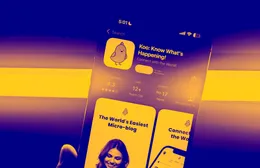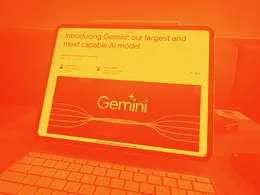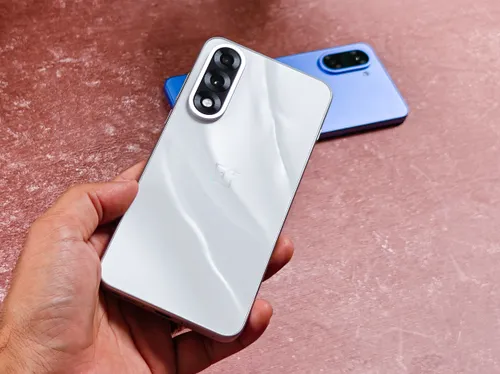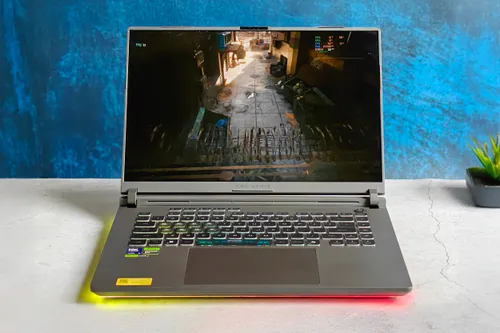
Ugh, looks like the 2024 Apple Watch would sleep on health upgrades
Patents, baby, patents. And some good ol' scientific issues with accuracy. At least it'll be slimmer and the display will be bigger. Groundbreaking, if you ask the sheeple!

Research explains why cats scratch our furniture to hell
Science is not all about sending probes to Uranus. Sometimes, we need to address the existential risk to our Ikea furniture posed by hellspawned cattos.

The Last Koo: Desi social coop chirped with oopsies and died poor
Koo, once hailed as India’s great Twitter replacement, apparently borrowed the worst of Twitter, except its money-making formula. After a short life, it folded in 2024, killing the great Indian dream of a desi social media phenomenon.

Meta served a “pay us or sell out” deal for social media. The EU is now up its trunk.
Meta's ad-free versions of Facebook and Instagram have royally pissed the European regulators once again, and the fine could be 10% of its annual revenue. Are you not entertained?

Gemini is trying to hide Google’s ethics shitshow, and fumbling. LOL!
Look, we all know Google is no paragon of ethics. But the situation is so bad that even Gemini is vomiting the truth.Only for a moment.
Google Search could be smothering your creativity
A Carnegie Mellon University study reveals starting your brainstorming process with Google can be detrimental to the group's creativity.
Teams relying much on search engines often produced inundatingly same, less original ideas due to a cognitive bias called "fixation effect," where seeing popular answers converges our thought process instead of diverging it.

While individuals weren't necessarily dumber with Google, groups of Google users seemed to get stuck in a rut, often coming up with the same common ideas, sometimes even in the same order! Talk about a copy-and-paste creativity crisis.
"This appears to be due to the fact that Google users came up with the same common answers, often in the same order, as they relied on Google, while non-Google users came up with more distinct answers," explained lead author Danny Oppenheimer.
EDITORS' PICKS



